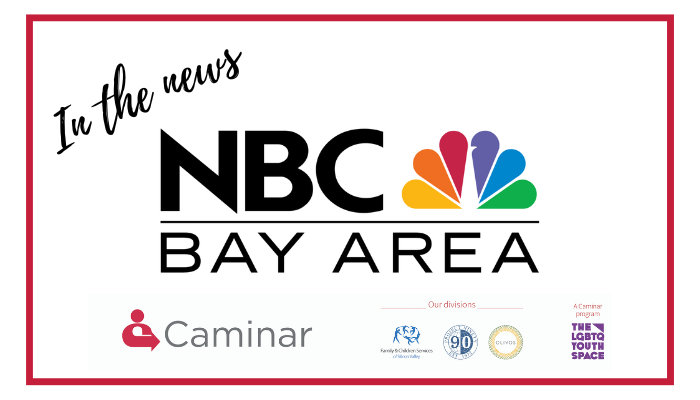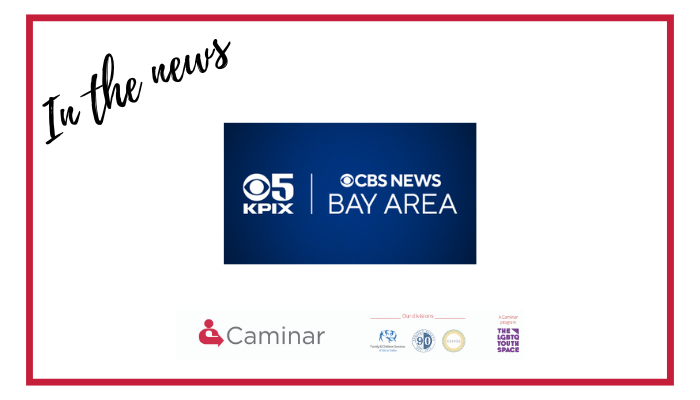Earlier this year, Sharon's life took a turn for the better. After being unhoused for a year and a half, she finally obtained housing. "I love my place!" says Sharon.
For months, Sharon tried to secure housing, but as a disabled 62-year-old, her only income was social security disability, and she could not afford a security deposit. More significantly, her credit became compromised ever since her long-time domestic partner transferred ownership of her house to his name. Sharon disclosed that she felt betrayed by her partner long before he compromised the ownership of her home. "He tried to unalive me several times...I felt so defeated," shared Sharon.
Although unmarried, Sharon believed sharing a home with the father of her child was practical. "I trusted him because I had been with him all these years, and we share an adult child," says Sharon.
Sharon knew it was up to her to secure her safety. Unfortunately, her home no longer lawfully belonged to her, her son did not believe she was a victim of Intimate Partner Violence, and her only support system, her mom, had now passed away. Sharon was alone. "I was in and out of hospital emergency rooms, and my son did not want to believe it. I had to put my son to the side and do what I had to do to survive because I knew that being on the outside, I could fight back better."
Sharon compartmentalized her trauma to push through and focused on overcoming the challenges ahead.
Through a social worker, Sharon found Caminar's Resource Connect Solano (RCS) program, a Coordinated Entry System that ensures all people experiencing a housing crisis have fair and equal access to housing programs.
Sharon enjoyed connecting with RCS's Program Director, DeAndre Richard. "DeAndre was so kind to me, and something told me to trust him. They have over 2,000 people in the same predicament as me, and he said, 'Ms. Sharon, I will get you out of your car. We don't have the money today, but I will find you the money for a security deposit.' Two days later, I had an apartment!"
Today, Sharon finds purpose in sharing her story, "We talk about people who are reported, but what about people my age who are not reported? I will keep fighting and advocating for people – telling my story because this shouldn't happen to people".
When Sharon first left her abusive relationship, she felt disillusioned and alone. Although challenging, her experience helped her realize the power abusers have over someone and how understandably vulnerable she was. "Sometimes you're in it, and you don't even know you're in it. I didn't realize how bad it was until I got out," says Sharon.
Sharon understands she cannot save the world but hopes to pass the kindness extended to her forward. "RCS changed my whole life for the better. I live in my own place now, I have shelter, I have a purpose, I have everything I need to fight back."

















